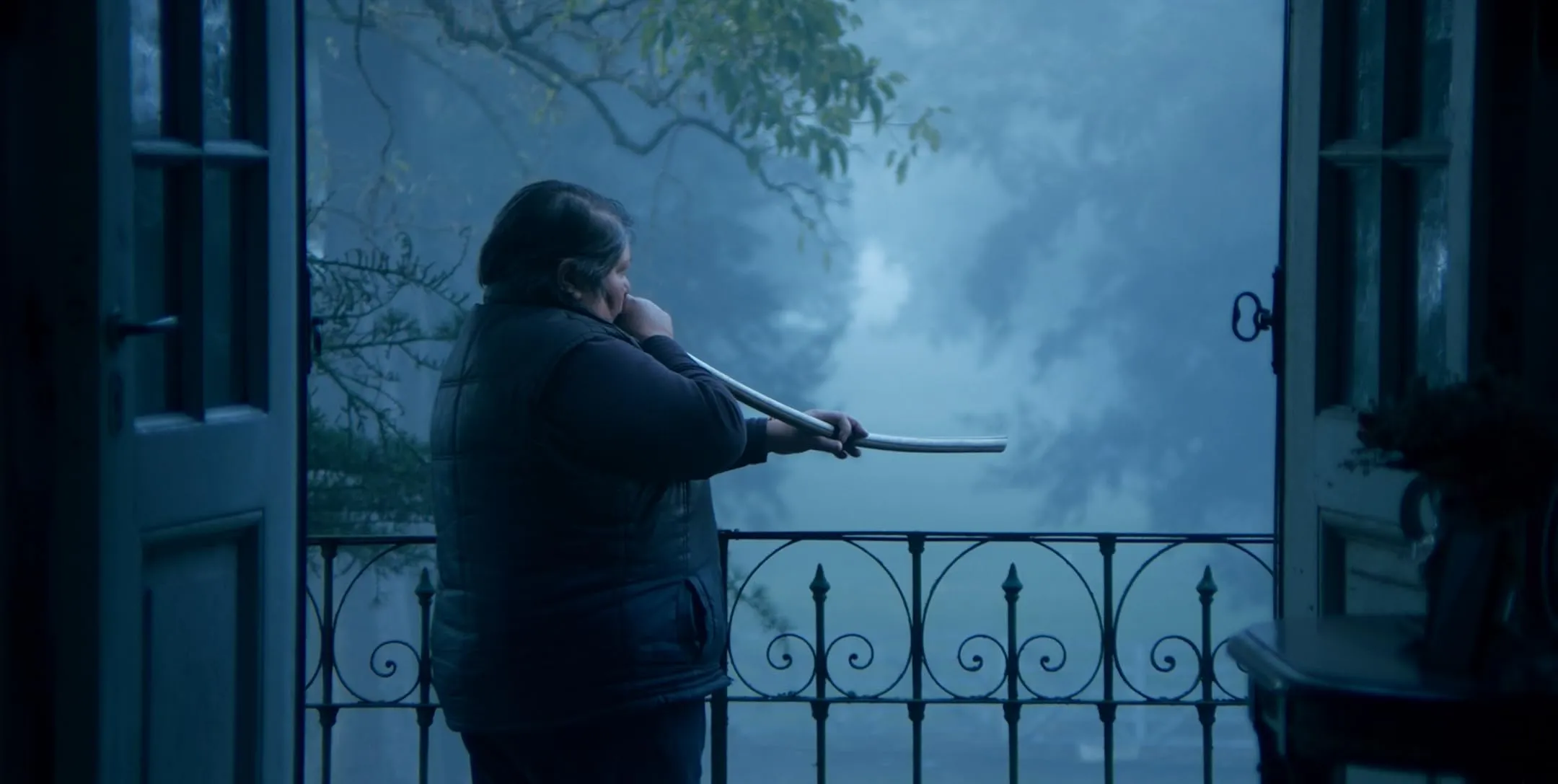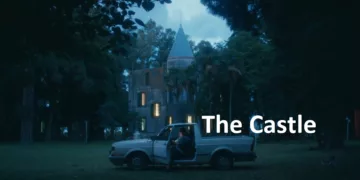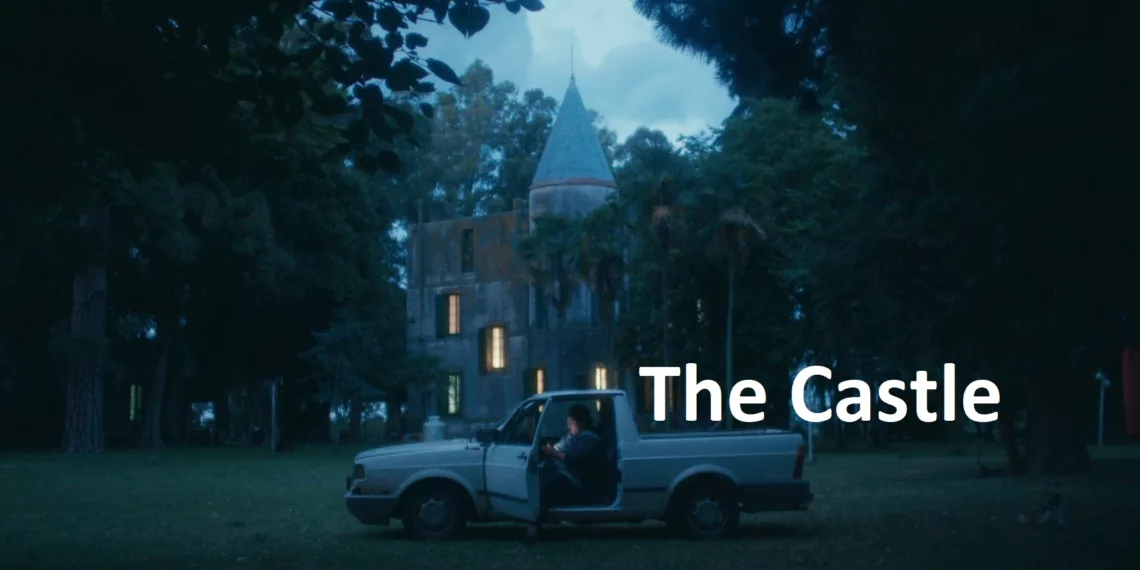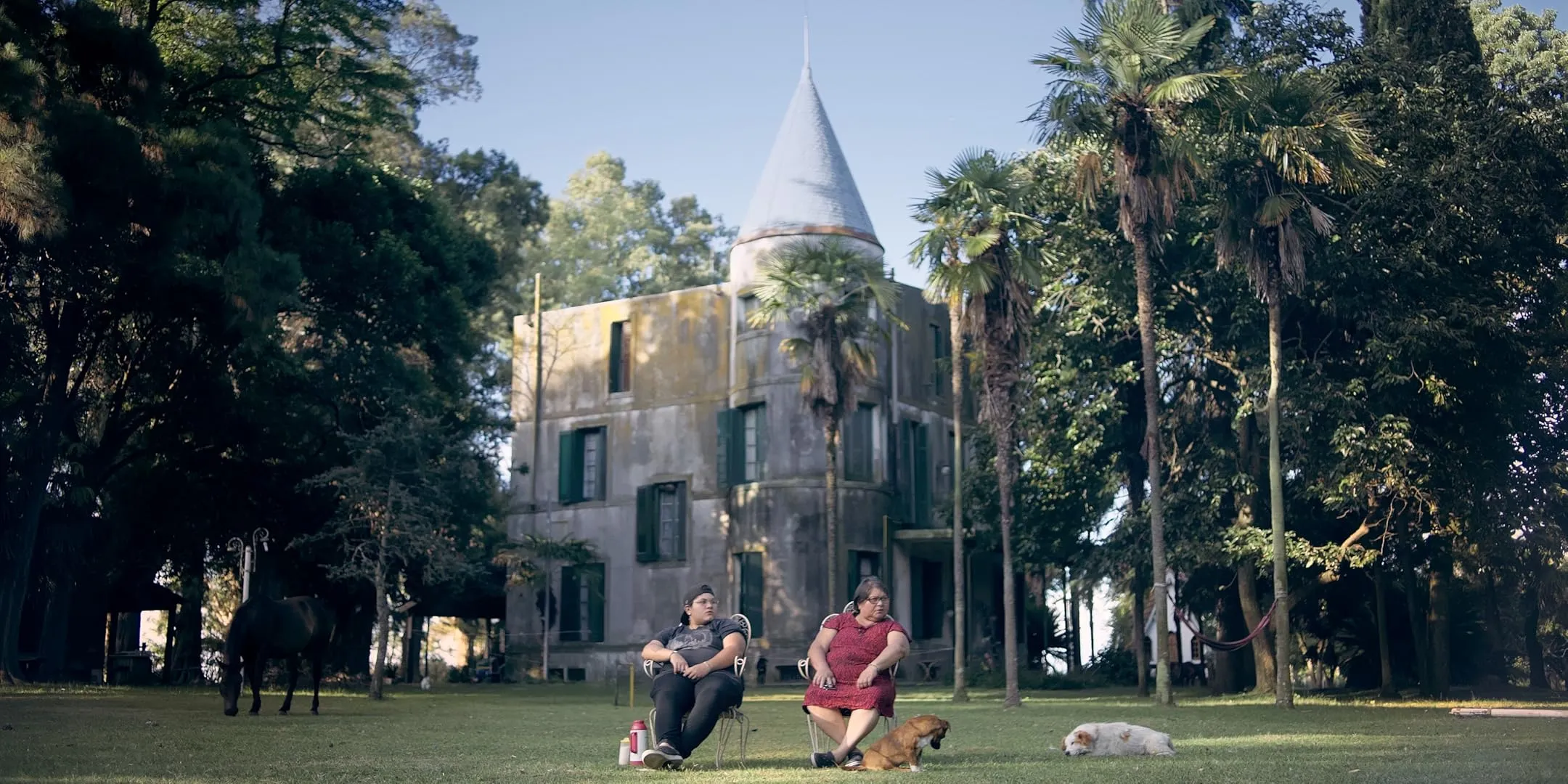Stepping into the decaying mansion that lone mother Justine calls home, viewers are transported to another world. Director Martin Benchimol has crafted a unique glimpse into lives seldom seen.
From his native Argentina, Benchimol brings a story inspired by true events. Intrigued by a massive rural estate, he uncovered layers beneath the surface. Its owner was Justine, who had served this household for generations.
Now the caretaker of both estate and teenage daughter, their days unfold in isolation. City-born Benchimol witnesses a lifestyle foreign to modern times. Through his discreet lens, we observe the rhythms, relationships, and realities of women entwined with the past.
Justine retains childhood duties, yet her employer’s gift binds her in new ways. Independent daughter Alexia yearns for independence, but opportunities are few. Their bond and this house shape life’s limits.
With artistry but no intrusion, Benchimol allows their world to unfold naturally. Sharing their space but not their story, he grants viewers their privacy while revealing spiritual depths within plain exteriors. In a home where history weighs heavy, the present finds its place through patience and perception.
Cultural Crossroads
Benchimol crafts his depictions with care and nuance. Rather than impose external interpretations, he draws viewers directly into the estate’s inner world. His “hands-off” style allows Justina and Alexia’s daily rhythms to unfold organically, discovering emotional terrain through watchful observation alone.
Miranda’s intimate camerawork beautifully captures their lived-in spaces. Weathered walls speak of storied landscapes just beyond. Glimpses remind us how generations passed within these walls, yet the present remains. Gatica’s melodies adapt fluidly, mirroring moods as they shift. A solitary flute signifies solitude just as stirring strings signal hopefulness.
Time too moves at the pace of everyday chores and conversations. No rush to predetermined conclusions, only patience to perceive changing light through windowpanes. Plot is rendered irrelevant where lives intersect. Benchimol trusts viewers to find relevance in mundane gestures or fleeting glances and to valorize quiet acts of compassion.
Through technique that embraces ambiguity, he builds an aesthetic bridge across distances. Cultural borders blur as intimate realities transcend. Shared experiences emerge more plainly than surface distinctions. An inward gaze proves most insightful and most capable of bringing varied perspectives closer in understanding.
Everyday Eden
Justina’s story began in service, but life had one more turn awaiting. Faithful years caring for another now found her caring for an estate. While horses and hearts were familiar, walls no longer echoed another’s voice.

Within this new world, Justina connects most to companions with simpler souls. Calves and canines feel her gentle spirit, finding smiles where once were frowns. Her daughter knows another side, glimpsing bitterness beneath surface calm.
Alexia brought vivacity, dreaming beyond these grounds. Yet even she struggles under expectations’s weight. Perceptive beyond years, she still envisions futures unwritten. Racing engines drown duties, calling her back once more.
Between women so defined, tension finds footing. Justina anchors hopes in holding close what’s hers. Alexia longs to spread wings, despite skies unseen. Their bond is bond is bond, yet roles strain against love’s pull.
This remoteness shields conflict, as days pass as seasons before. But walls too can imprison, and hearts grow fonder, wandering more. What roads may mother and daughter find, walking separate yet side by side? Through patience and care for one another, their private paradise may find a way to open wider its gates.
Beyond These Walls
This manor holds more than forgotten furniture and peeling paint. Its rooms contain memories that linger still.
Justina knows well what roles its walls once decreed. Even now, visits from the former patron recall duties past. Their treatment shows how quickly hierarchy is learned and slowly unlearned, if ever.
In empty frames and fading portraits, another family’s era remains imprinted. Through generations, this ground was home and livelihood. Yet time erects new boundaries, and lives move on though buildings stay.
For Justina and Alexia, this legacy is a mixed blessing. Its gardens offer respite, but constraints too endure. Financial ties bind them here, as outside opportunities beckon Alexia’s spirit elsewhere.
We see how inheritance alters old relationships yet shapes new ones. A gift meant to honor shifts its meaning through years. What was meant to lift burdens seems rather to impose them—on hearts as much as backs and pockets.
Perhaps in viewing these women’s perseverance within trials not of their own making, we find a reminder. The past handed down can both liberate and imprison; it falls to each to find the future holding freest way ahead.
Dreaming of the Open Road
Within the manor’s walls, Alexia’s spirit longs to roam free. While racing games immerse her dreams, nothing can replace the thrill of steering with her own two hands.
She envisions a mechanics career in the bustle of Buenos Aires, but out here opportunities feel farther still. Justina understands the pull to venture forth, yet keeping family united gives her strength in turn.
Formula dreams stir Alexia’s heart, though bringing them to pass presents hurdles high. Talent alone cannot sculpt chance from circumstance. But for one whose visions carried her this far, all things remain possible.
Their bond faces strain as Alexia spreads wings toward independence. Justina clings to duties that no longer bind as they once did. Between women so close yet traveling divergent roads, tensions weave pathways untrod.
Still for Alexia, leaving all she’s known to forge her destiny stirs equal parts excitement and doubt. Our boldest aspirations often arise in isolation’s quiet hours. Yet whether fantastical or attainable, it’s the striving that nurtures the soul.
Though roads split here, love remains the anchor of their lives’ journey. And whether near or distant, family lends strength to face an uncertain tomorrow, smiling still.
Bound by the Past, Seeking the Future
These walls that once penned another’s dreams now restrain lives moved on. What was meant as refuge has become a gilded cage, its bars invisible yet no less binding.
Justina assumes duties echoing decades past. But having risen above her own station, she finds freedom instead of reward. Alexia too reaches beyond walls, yet faces new barriers as the world changes faster than this decaying manor can contain.
Their roles reverse in ironic ways. Justina serves an inheritance thrust upon her, one granting shelter yet denying release. Meanwhile, Alexia glimpses futures still out of reach, seeking roles of her own design in an evolving landscape.
For these women, time stands resolute yet roles reverse, even as society progresses fluidly beyond this estate’s grasp. Legacy lingers heavy as gender and class evolve elsewhere unrestrained.
Subtly, The Castle exposes lingering effects of generations past. Though outwardly preserving tradition, inwardly yearnings adapt, as children’s dreams necessarily differ from their parents’ realities. In the struggle for self-determination, echoes of the past compound challenges of the present.
Yet through it all, a bond anchors their journey, flexible enough to bend yet not break. And where love lights their way, no barrier can ultimately sever what ties them—nor still the movement of their hearts seeking lighter tomorrows ahead.
Beyond These Halls
Within decaying walls weighted by history, humble lives carry private hopes detached from Duty’s chains. Benchimol shares their intimacy through patience, permitting revelation where haste demands resolution.
Justina and Alexia emerge as individuals rather than objects, their sorrows and dreams subtly sung through gestures conveying what words leave unsaid. Unobtrusive yet astute, the director immerses us in lives lived, not stories constructed.
We feel the persistent pull between place and spirit, inheritance and independence, in two women traveling different paths yet sharing footing on grounds, rendering movement difficult. Through ambiguity, space remains for individual interpretation of shared struggles against circumstance.
In portraits crafted through quiet observation alone, the film finds profundity in routines seemingly insignificant. Audience and subject alike recognize tangled threads weaving existences together, threads binding but also capable of parting with care.
Benchimol gifts insight more than answers, reflections more than resolutions. His noninvasive lens grants dignity in peering within intimate borders, honoring authentic experience over constructed narrative. In so doing, The Castle offers a compassionate glimpse through windows seldom opened so wide.
The Review
The Castle
The Castle offers a poignant character study that pierces the surface of its subjects' lives to reveal emotional depth beneath mundane externals. Through patient, descriptive filmmaking that immerses the viewer in Justina and Alexia's world without intrusion or explanation, director Martín Benchimol presents a subtly moving portrait of a complex relationship entangled by legacy, place, and the tensions of changing times. Naturalistic performances anchored in a sense of reality anchor the introspective drama, even as ambiguity leaves interpretations open. The atmospheric cinematography transports the audience to a remote yet vividly realized setting. In conclusion, The Castle succeeds triumphantly as a work of art that prioritizes evoking human truths over tidy narrative, approaching its subjects—and the viewer—with empathy, insight, and creative restraint.
PROS
- Nuanced and introspective character study of Justina and Alexia
- Naturalistic and emotionally authentic performances
- Atmospheric cinematography that immerses the viewer
- Subtle exploration of weighty themes like legacy, family, and social change
- Observational style prioritizes intimate portrayal over rigid narrative.
CONS
- A minimal plot may frustrate some expecting a traditional story.
- Ambiguous ending leaves some questions unanswered.
- Very slow pacing won't appeal to all viewers


















































